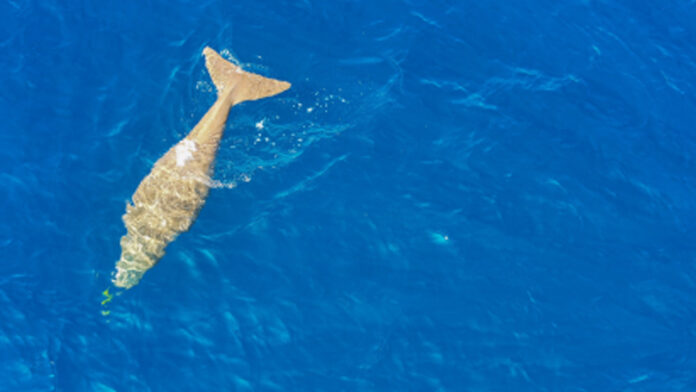The Department of Environment and Natural Resources (DENR) on Wednesday reported the first dugong (sea cow) sighting in the province of Sarangani.
The DENR-Protected Area Management Office of Sarangani Bay Protected Seascape (PAMO-SBPS) spotted the marine mammal on July 31 for the first time in Brgy. Daliao, Maasim.
The observation was prompted following reports made by residents of the coastal community.
The DENR Provincial Office thanked the community for the valuable information, emphasizing that such collaboration is crucial for dugong conservation and marine biodiversity preservation.
“Locals have frequently reported prominent dugong trails in the area on multiple occasions and during various survey interviews. However, this is the first time we’ve documented a dugong in Daliao since we began regular monitoring,” SBPS Protected Area Superintendent (PASu) Cirilo Lagnason Jr. said.
The creature was seen foraging in seagrass and later moving to coral reef lagoons.
Dugong or “sea cows” are the only herbivores that are exclusively marine, according to the Marine Wildlife Watch of the Philippines (MWWP).
They eat seagrass and are found only in areas where these grow, making them very vulnerable to human activities living very close to the shore.
“Being the largest herbivore, these “gardeners of the sea” are constantly cultivating and stimulating the nutrient cycle of the seagrass ecosystem,” the MWWP said.
However, they are threatened by entanglement and drowning in fishing nets especially gillnets, accidental capture in fish corrals, dynamite fishing, boat strikes, habitat loss, and degradation, especially of seagrass areas due to pollution, coastal development, and coastal reclamation projects.
Dugong, a critically endangered species in the Philippines as per DENR Administrative Order 2019-09, was the first marine mammal to be protected through DENR Administrative Order No. 55, series of 1991, and further strengthened by Republic Act 9147, or the Wildlife Resources Conservation and Protection Act of 2001. (PNA)






